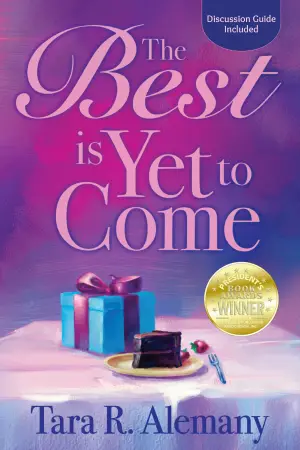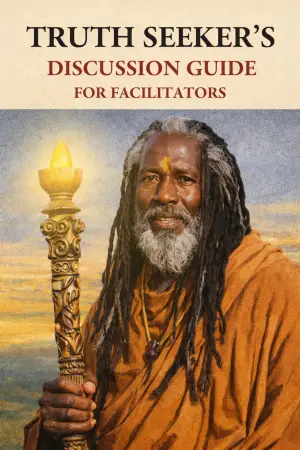Book Review: The Courage to Be Disliked by Ichiro Kishimi and Fumitake Koga
When I first came across The Courage to Be Disliked, it piqued my interest as someone who is deeply fascinated by psychology and the nuances of human behavior. The idea of exploring one’s inner power to take control of life resonated with me, especially given the vibrant feedback surrounding it. Plus, the premise of a philosophical dialogue intrigued me, promising an engaging blend of concepts inspired by Alfred Adler’s theories.
The structure of the book is built around an enlightening dialogue between a philosopher and a young man, categorized as Youth. Together, they navigate the realm of Adlerian psychology, addressing pivotal themes like the separation of tasks and the nature of interpersonal relationships. The text encourages readers to understand that many of our struggles stem from the way we relate to others, a point that really struck home for me. Indeed, it emphasizes that happiness is a personal choice and lies in our hands, free from social expectations and past experiences.
One of the strongest aspects of the book, as multiple readers have noted, is its ability to illuminate complex psychological concepts in a manner that’s refreshingly accessible. Kevin Stecyk’s review articulates robust themes that resonate with this sentiment, especially the separation of tasks, which urges readers to determine whose responsibilities lie where. This theme, among others, highlights the importance of community and horizontal relationships versus vertical hierarchies. The takeaway here is vital: we should focus on the present instead of being trapped by our past or future anxieties.
Yet, the dialogue format that some readers found engaging did not resonate with everyone. A few critiques pointed out that it can be challenging to follow, especially for those not well-versed in philosophical discussions. I found myself experiencing this tension as well. While the conversations are enriching, grasping all the nuances can be challenging, and at times, I felt the flow was interrupted by my need to process each idea fully. As Monica pointed out, it may be more suited for those with a foundational understanding of psychology.
Another highlights the aspect that brings both praise and critique. The overall readability and the profound insights had me returning to certain passages for deeper understanding, reinforcing the idea that this book requires active engagement rather than passive reading. Some, like reviewer Bli, acknowledged that the book demands mental effort but deemed their journey worthwhile due to the clarity that emerged from the discussions.
What I truly appreciated is how the authors explored happiness—portraying it as an internal state crafted by personal achievements rather than external validation. As someone who believes in the potential for inner growth and self-acceptance, this ideology is liberating. A pivotal moment in the book for me was the realization that our relationships and interactions can redefine our happiness, continuing the discussion on interpersonal problems. This notion echoes throughout the philosophical landscape presented—pushing me to reflect on my relationships consciously.
However, not all was perfect. While I found much to love, there were moments of frustration, especially around the transitions in the dialogue that seemed jarring at times. I can understand why some readers reported that the conversational format made it difficult to drink in all the wisdom. It’s evident from my reading experience that this book requires an open mind and a readiness to challenge deeply ingrained beliefs.
In conclusion, The Courage to Be Disliked is a treasure trove of insights for those willing to engage with its rich content actively. It lives up to its reputation as a life-changer, helping to declutter harmful thoughts and contributing significantly to personal growth. Despite its quirks, I wholeheartedly recommend it to anyone ready to tackle the complexities of happiness and relationships through the lens of Adlerian psychology. If you’re willing to navigate through its philosophic discussions, it could indeed offer the courage to change your life.
Overall, I’d rate this book a solid 4.5 out of 5 stars. It’s thought-provoking, insightful, and certainly a book I’ll revisit when I need some clarity on life’s intricate dynamics.








